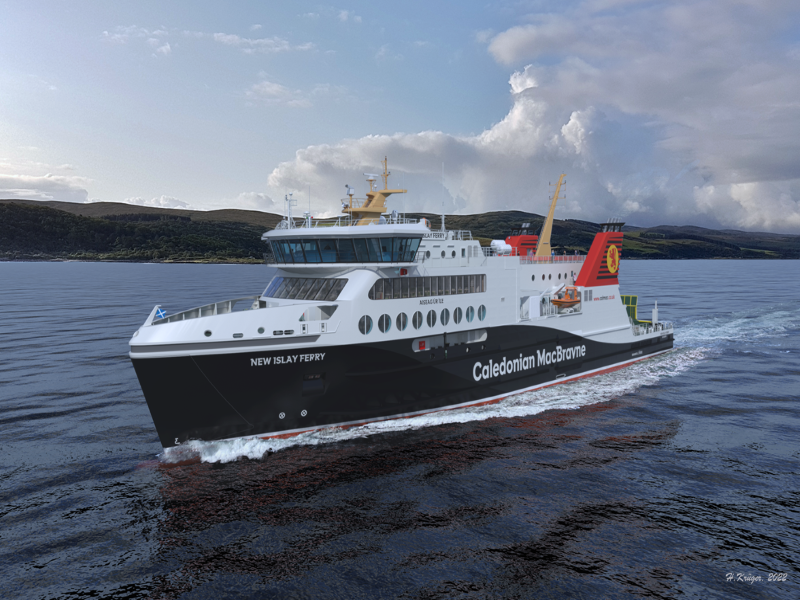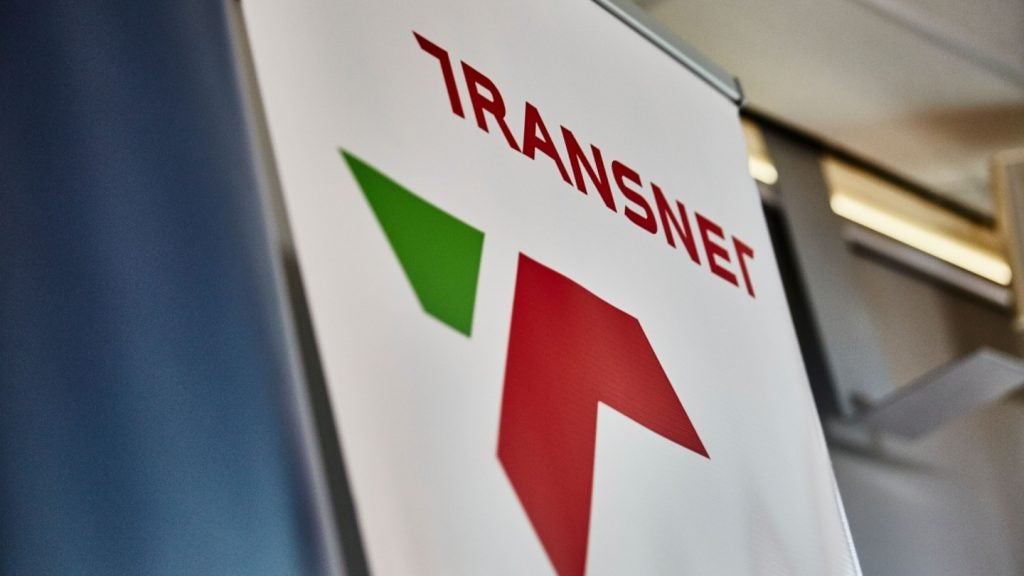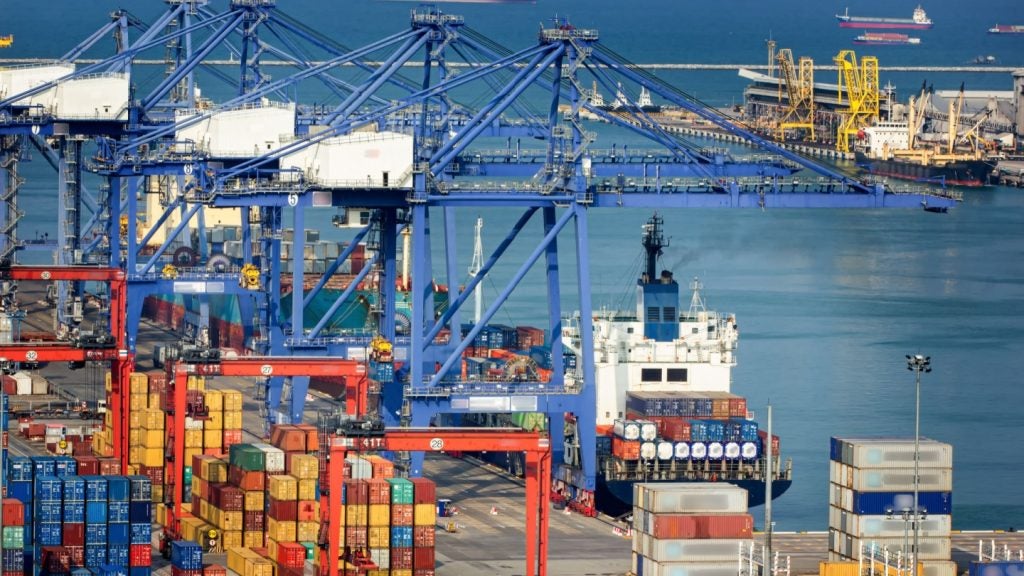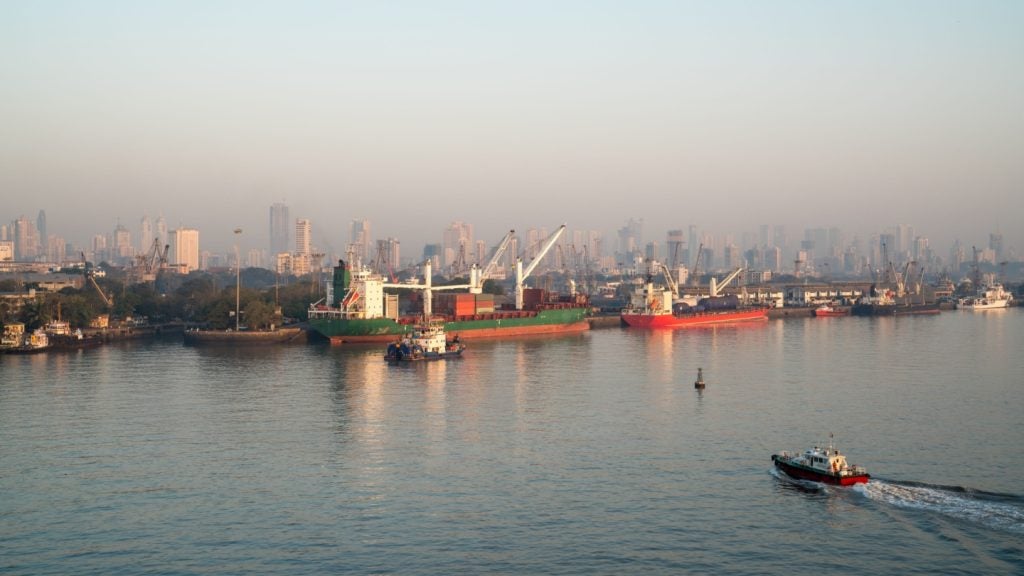
Transport Scotland has unveiled plans to spend £115m on two new ferries to strengthen the Clyde and Hebrides network.
This funding has been allocated by the Scottish Government to help Caledonian Maritime Assets (CMAL) expedite plans to replace vessels in the CalMac fleet.
It will also cover the allowance for minor port upgrades.
Intended to help support island communities, the new vessels will have a similar configuration to the ferries currently under construction for Islay.
According to Transport Scotland, this move will help deliver a more standardised vessel type, which could be used on several different routes.
The contract is anticipated to be awarded by the end of the year.
How well do you really know your competitors?
Access the most comprehensive Company Profiles on the market, powered by GlobalData. Save hours of research. Gain competitive edge.

Thank you!
Your download email will arrive shortly
Not ready to buy yet? Download a free sample
We are confident about the unique quality of our Company Profiles. However, we want you to make the most beneficial decision for your business, so we offer a free sample that you can download by submitting the below form
By GlobalDataScotland Transport Minister Jenny Gilruth said: “The Scottish Government is absolutely committed to improving the lifeline ferry fleet and better meeting the needs of island communities, so I’m pleased to announce additional funding to allow CMAL to launch a procurement for two additional vessels for the CalMac fleet.
“Our intention is that these ferries would be deployed on the Skye triangle routes to Lochmaddy and Tarbert, delivering dedicated services to communities in the peak season rather than the shared vessel operation currently in place.
“This will create the opportunity for significantly increased capacity and resilience for the communities of the Western Isles.”







